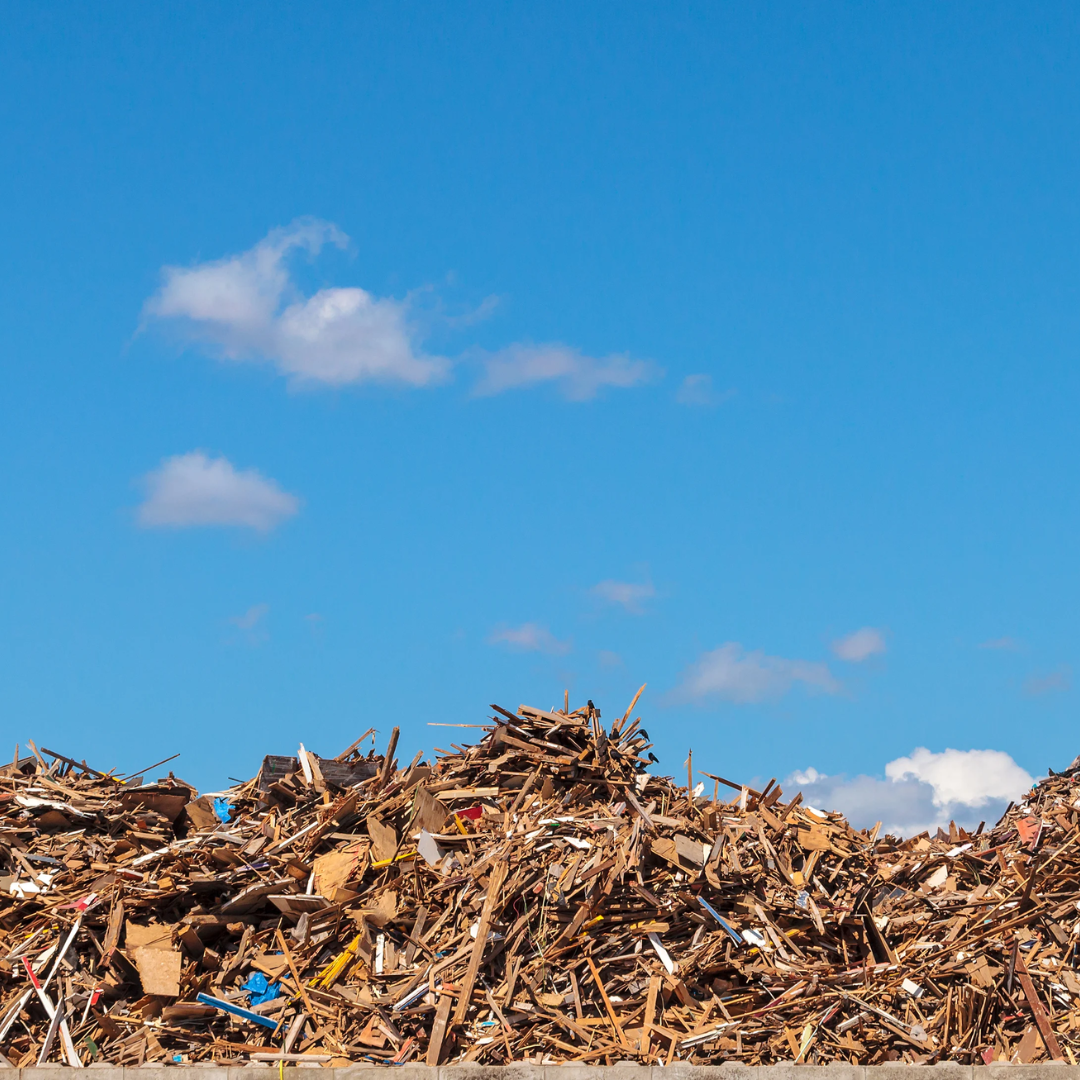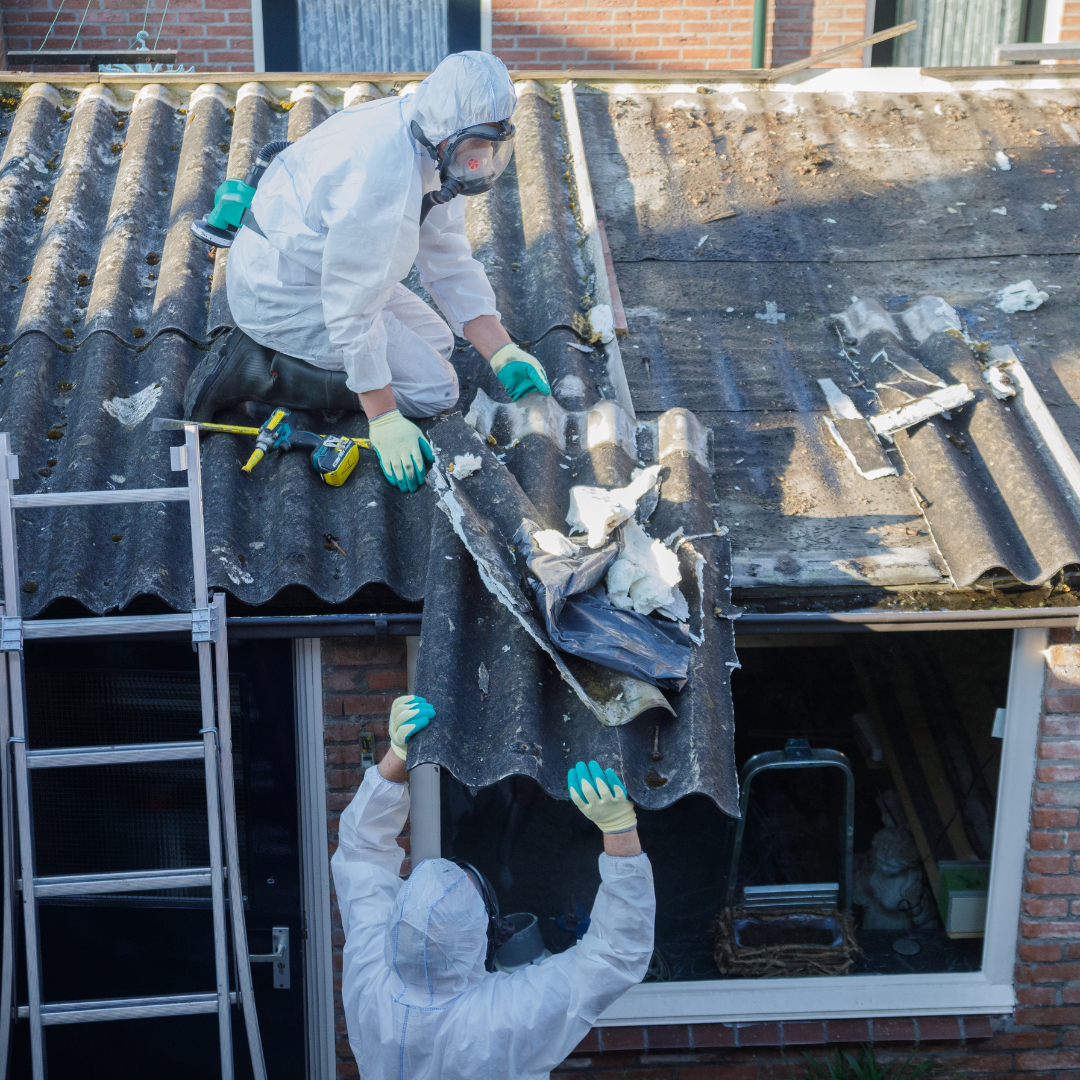How to get an Environmental Product Declaration (EPD)
Sustainable resource management and construction waste specialists Brewster Brothers, one of our member organisations, recently became the first...

The following is content from a Construction Waste Portal partner, Brewster Brothers.
The demand for sustainable construction waste management has drastically increased. We are living on a planet with finite resources, many of which are on course to run out in the coming decades (Earth.org). The crux of this issue is the perception that resources have lost their value once we’ve finished using them. This mindset has fuelled the linear economy for many decades contributing to global warming and overflowing landfills. Since the late 1980s, there has been a new paradigm emerging through society that views resources as, almost, endlessly useful by utilising a circular economy so that materials or items can continue their useful life.
This shift in mindset from linear to circular is especially evident in one of the world’s worst offending sectors for waste and insatiable resource consumption, the construction industry. In turn, this shift is fuelling the growing demand for recycled aggregates – a sustainable approach to construction waste management.
The construction industry generates 50% of Scotland’s waste, 40% of its carbon emissions and 50% of the country’s natural resource consumption. The construction industry is waking up to its impact on the environment and is striving to do better whilst working towards the UK’s net zero targets for 2050.
An emerging trend in construction is sustainable resource management where waste is sent to facilities like our own in Livingston where construction, demolition, and excavation (CDE) waste is turned into quality recycled aggregates to prevent virgin materials being extracted using carbon intensive and environmentally destructive methods.

Recycled aggregates are building materials such as gravel and sand that have been repurposed from construction, demolition, and excavation (CDE) waste. They have a wide range of uses across a variety of construction applications and are stringently tested for quality.
To extract the valuable materials from construction, demolition and excavation waste, it can either be crushed, screened or processed through a state-of-the-art recycling plant which uses a wet-processing system to recover the materials. The plant removes metal, plastic and organic matter and processes the rest of the waste by washing, screening, and separating it using a range of technologies.
The result is a high-quality recycled product which can be repurposed back into the construction industry and is the equivalent to virgin aggregates in many applications.

The waste hierarchy showcases the five different approaches to prevent waste; these are:
An enhanced programme for the reuse of construction materials needs to be underpinned by a more comprehensive understanding of re-use and recycling. The ‘recovery’ of soil, for instance, for use in restoration programmes (such as filling redundant quarries) is not the same as ‘recycled’ soil and it is a missed opportunity to create quality recycled aggregate that has a higher value and can be used for construction projects.

The demand for recycled aggregates is increasing but only makes up 28% of the UK’s[GU1] [KD2] aggregate consumption. There is still resistance within the construction industry to use recycled aggregates in ‘bound’ applications (such as concrete and asphalt). This is despite standards allowing 100% use in some mixes.
The stigma of perceived poor quality holds the product back from its true potential via inclusion in added-value products as a raw material while saving our natural resources. (SEPA)
Increasing the recycling of Construction, Demolition and Excavation (CDE) waste will make a significant contribution to meeting waste targets and cutting carbon emissions (read more on this topic here).
It’s encouraging to see the enthusiasm behind the construction industry’s shift towards a circular economy. There’s a real shift happening, motivated by the prospect of a new era for aggregates and a new mindset on the value of resources.
The Scottish Government has recently updated the Scottish Building Regulations and committed to requiring all new public buildings built in Scotland to embody net-zero standards. Creating clear mandatory standards will accelerate the path to net zero.
To step up the industry’s efforts and achieve the transformational change the government seeks requires greater urgency behind measures to improve and incentivise the best practice in sustainable construction waste management.
Brewster Brothers is a sustainable resource management company. Recycling CDE waste through our wash plant at Livingston, we recover 100% of the component soil, sand and gravel, which are reprocessed into high-value recycled aggregates for reuse.
Over the past four years, we have diverted over 1 million tonnes of CDE waste from landfill and created 750,000 tonnes of recycled aggregates with a carbon saving of 20,000 tonnes and are actively supporting the construction industry to introduce circular business models.
We aim to hold our operation as an exemplar for the adoption of the sort of innovative, pragmatic approaches to waste management that Scotland needs to develop a high-value circular economy. We remain happy to support others in helping to improve environmental practice by sharing our knowledge and experience of more sustainable operations.
Website: www.brewsterbros.com
Sales Enquiries: Diane Johnston - sales@brewsterbros.com
Marketing & PR Enquiries: Kirsty Druce - kirstydruce@brewsterbros.com
LinkedIn: Brewster Brothers

Sustainable resource management and construction waste specialists Brewster Brothers, one of our member organisations, recently became the first...

When managing construction waste in your projects, understanding key challenges is essential, especially when it comes to asbestos. In this blog,...